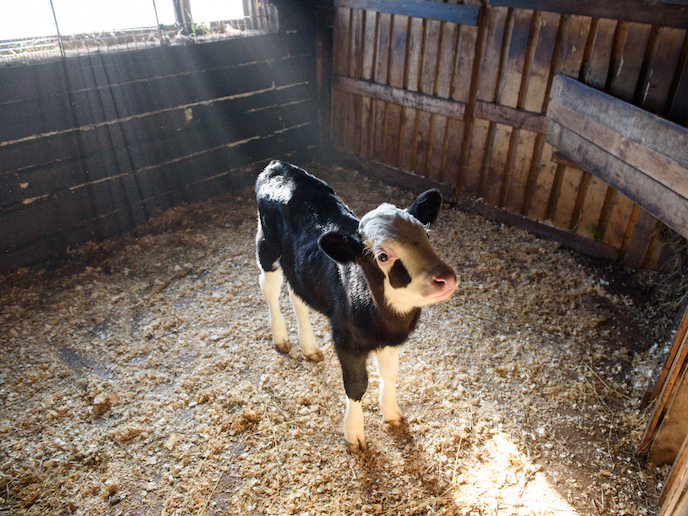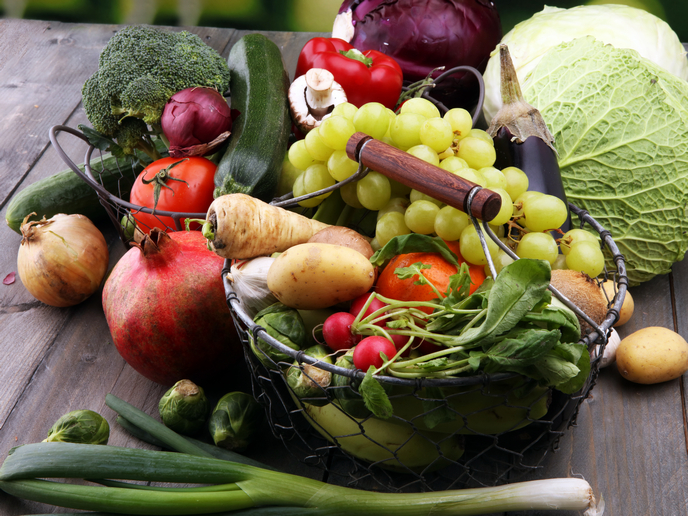You are what you eat – healthier livestock through postbiotics
The improvements to the fodder made by Pentabiol, the company behind the HEALTHSTOCK project, take the form of a postbiotic found in fermented feed. This, when incorporated into animal feed, collaborates with the animal's own microbiota so that it regenerates naturally. In doing so, it increases the animal’s digestive capacity, with substantial advantages: firstly, the animal is able to take more advantage of the nutrients it consumes and this, in turn, makes the animals healthier and more resistant to infections. In a time of increasing antibiotic resistance, this is important. “Our product, under the trademark PROBISAN, is a transformation of microorganism cultures through a controlled fermentation process which aims to collaborate with the animal's own microbiota. It adheres to the intestinal mucosa, preventing exogenous entry and allowing the microbiota itself to regenerate naturally. This enhances the animal’s digestive capacity and stimulates its immune defences,” explains Mr Goyo Sanzol, director general of Pentabiol. The facts speak for themselves: PROBISAN is able to significantly improve the digestive capacity of animals, especially when their digestive system is in formation. This leads to better protection from digestive disorders and can achieve conversion improvements of up to 14 %. For piglets, chicks, lactating calves: these improvements mainly occur when the animal is young, as verified in trials carried out in different universities and livestock farms. By collaborating with each of the microbiota, the team managed to adapt their product to the needs not only of each animal species, but specifically of each animal: “In this way we get closer and closer to a customised health treatment, which is the trend with human health,” says Sanzol. In doing so, the animals will be more resistant to infections. “We have changed the mechanics of treatment. Previously the vet saw a problem and reached for an antibiotic as an immediate solution, but that is now an old approach. The medication, or the element that replaces it, is necessary when there is an infection, but our goal is to avoid infections in the first place. If they do occur, the animal's own immunology is the first level of resistance.” Pentabiol is a relatively young company which has been researching and designing postbiotics for five years. They create products derived from the transformation of microorganism cultures, through controlled fermentation processes. By doing so they obtain by-products in the form of metabolites with specific chemical characteristics that adapt to animal microbiota. The company has been manufacturing since the end of 2015 and now has customers in several countries. They started with a product that was initially able to help the animal’s digestive track improve the absorption of nutrients to encourage production rates. Through HEALTHSTOCK, the company has developed a feed that is able to improve animal health in the intestinal dysbiosis as a whole. Now the team is also working on specific intestinal conditions such as E.coli Brachyspira and so on. They are already researching applications for respiratory problems such as paratuberculosis. And it isn’t just mammals. “We have tested a specific postbiotic for aquaculture of salmonids against lactococcosis.” The project is also a shining example of transversal research as they are now in the final stages of testing for an application concerning aspects of glycaemia in human health. “Our goal is to ensure people eat healthy animals, and to do so, the animals have to eat healthily. We are conscious of the dignity that comes through working in an environmentally sustainable way, to promote safe, healthy food for all.”







